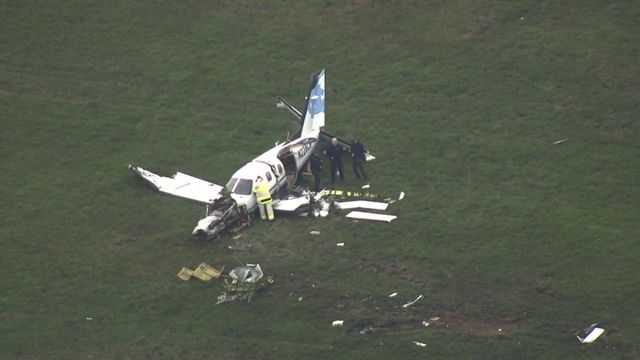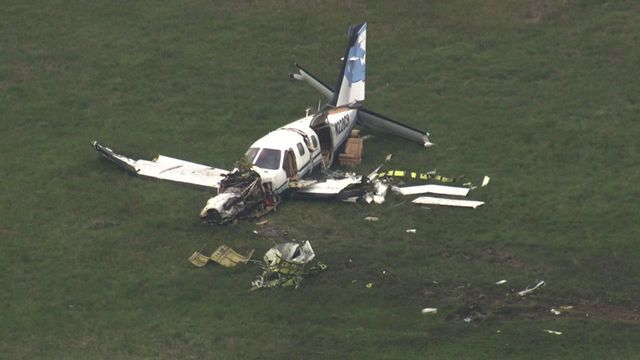Wake EMS workers preparing for potential Ebola cases
If an Ebola case occurs in North Carolina, first responders are most at risk.
It may begin with a call to a 911 center. A person is sick and needs an ambulance.
Call takers now ask two key additional questions: Has the patient recently traveled to a country where Ebola is present? Does he or she have symptoms such as fever and vomiting consistent with Ebola?
“If those two are the case, then we've got to start from the perspective of this is an Ebola patient or a potential Ebola patient,” said Jeff Hammerstein with Wake County EMS.
Hammerstein says his agency has developed a protocol for response that includes wearing protective gear. Crews have been going through drills with a checklist.
“You need a helper because you can't do it by yourself safely,” Hammerstein said.
On a real call, the district chief will call the patient for further questioning.
“We've done that about six times since we put that protocol in place, and in each of these cases, we've been able to rule out an Ebola risk,” Hammerstein said.
Wake County EMS is sharing its training video with other county systems. It shows how one crew suits up, treats and transfers the patient while a second crew lines the unit cabin with plastic and dresses in lower-level protective gear to help the first crew safely remove the suits.
“Everything is in slow, methodical movements,” Hammerstein said.
Germ powder and lotion is applied to the training mannequin, and a black light reveals contaminated clothing or skin.
Hammerstein says the training builds confidence.
“We don't want to live in fear,” he said. “We want to be smart about it and be prepared.”









